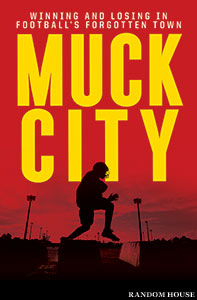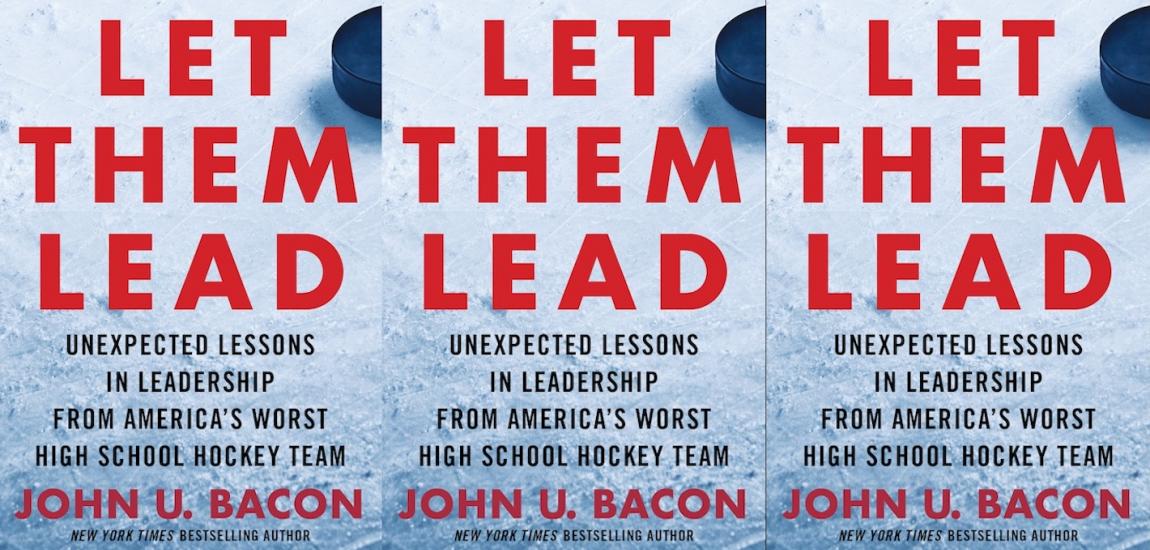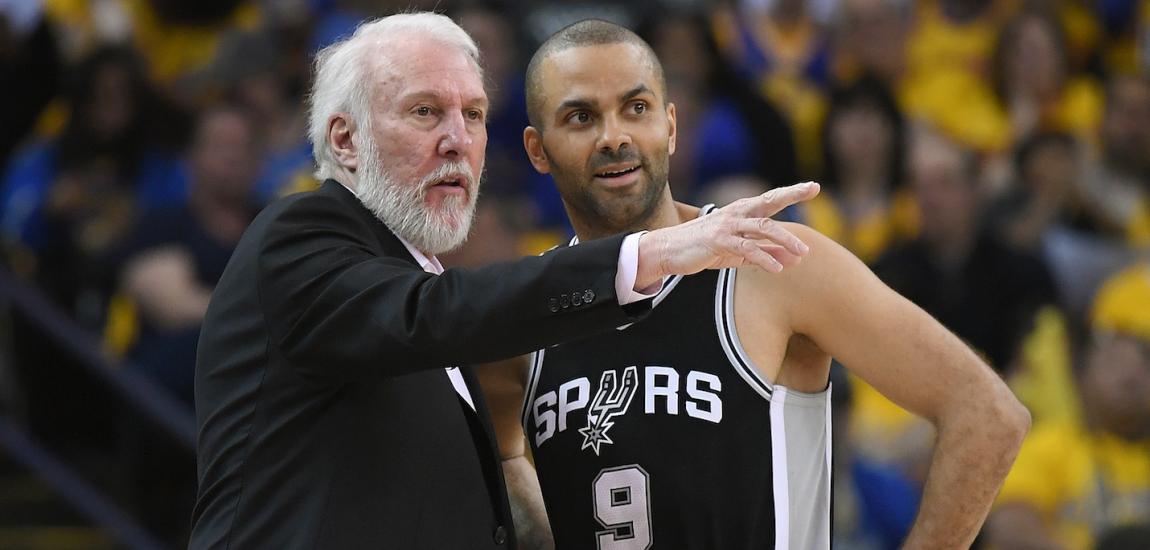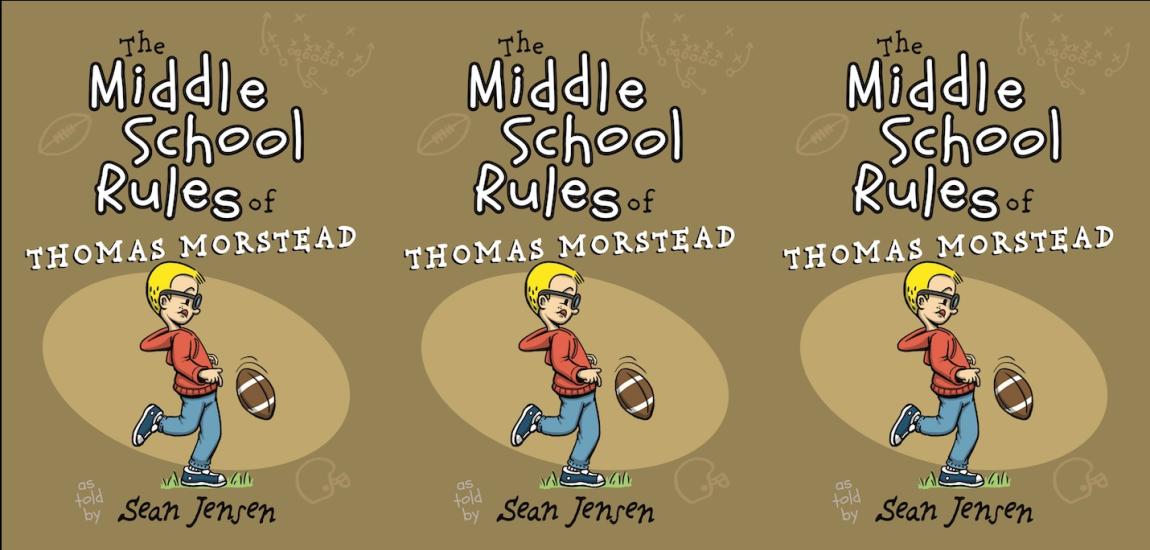The loamy black "muck" around Belle Glade, Florida, once built an empire for Big Sugar and provided much of the nation's vegetables, often on the backs of destitute migrants. Today, forty-five miles from the mansions of Palm Beach, it is one of the poorest places in America, a town once labeled the "AIDS Capital of the World" and so removed from modern society that some families resort to catching rainwater to survive. Yet for years it has helped fuel one of the country's most commercial and lucrative dream machines. In addition to sugar and vegetables, the muck is most distinct for producing raw, explosive football talent. Belle Glade's high school team, the Glades Central Raiders, has sent an extraordinary number of players to the National Football League -- 30 since 1985, with five of those drafted in the first round, including receiver Jessie Hester. In this excerpt of Bryan Mealer's Muck City: Winning and Losing in Football's Forgotten Town, Hester -- who played 10 NFL seasons with the Raiders, Falcons, Colts and Rams -- returns as head coach at his alma mater.
Hester's hiring two years earlier had caused enormous excitement. Jessie the Jet, the most celebrated player in Raider history, had returned to his embattled hometown to give something back. But Belle Glade was different from most small towns, in that Hester was not actually the first former legend to return. That was Willie Snead, whose abrupt departure had left an opening for Hester in the first place. Snead, the former wide receiver for the New York Jets, had also been compelled to give something back, which he did in 2006, bringing Glades Central its sixth state title and golden rings as fat as walnuts for his team.
That season, Snead had been blessed with one of the best Raider teams in years, with two NFL-bound receivers on his wings in Deonte Thompson and Travis Benjamin (no relation to Kelvin). But the Raiders still dropped three games, including the one that arguably mattered most, the annual matchup against rival Pahokee.
Snead's coaching and motives came into question. People started talking, the way they do. Maybe Snead was just career-obsessed, looking to leverage a bigger job on the back of his famous alma mater. It didn't take long before Snead was plain "anti-community" and the town was boycotting his home games. Even after he won the championship, Snead was a pariah.
The Raiders lost again to Pahokee the following season before being eliminated in the semifinals by three points. A month later, Snead seemed to confirm everyone's wisdom by accepting a high-paying job at a private school in Michigan, where he won another title. His coaches parlayed their stints in Belle Glade for assistant jobs at LSU and the University of Miami.
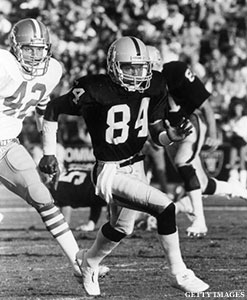
"The opportunity I got to come back to my alma mater and give to the community, and then to face the ridicule that you face, it was really disturbing," Snead told the Palm Beach Post upon his resignation. "It really bothered me and I think it bothered the other coaches too."
Once Snead was gone, fans and players petitioned the school to offer the job to Hester. By that time, Jet was in his twelfth year of retirement, two years longer than he'd even played, living quietly between Belle Glade and his home in Wellington, a suburb of West Palm Beach. During his career, as his hometown had started its slow decline, he'd invested in devalued real estate, buying and refurbishing apartment blocks in and around the quarter. He'd also built a house for Zara in a new development on Belle Glade's south side, then bought a small meat market and Laundromat for her to manage.
He was spending his days engrossed in the puttering routine of family life: getting kids ready for school, sending Lena off to her job at the sheriff's department, then driving thirty miles to his properties to paint, lay
carpet, and wait for plumbers.
His connection with his alma mater had remained solid. During the years in the league, Hester had paid for football cleats and jerseys, and bought the Raiders' mascot costume. For his old track team, he'd covered the cost of shoes and plane tickets for out-of-state meets. Once he'd retired, his face was a familiar one at Raider home games, especially during years when his eldest son, Jessie junior, played wide receiver.
To the fans, there had been no need to question allegiances. Jessie had kept his roots deep. Even if his wife did make him live in Wellington, Jet's home was in Belle Glade. He was a muckstepper to the bone.
During those years, whenever one coach would fall out of favor, the school and fans would lobby Hester to take the job. But he always declined. The game had already kept him away from his family for a decade; he'd even missed Jessie's birth while playing in Los Angeles. But after the latest petition and subsequent offer, Hester was driving downtown, near his old apartment, when he saw something that made him reconsider.
The sight was nothing extraordinary: two men in sagging jeans standing on the corner of Southwest Sixth Street and Avenue A. The corner was a known drug market, and if Hester had to guess, they were most likely dealers or lookouts. But as he drove past, he recognized them as old teammates of his son Jessie. The men had not only been Raiders, but they'd also sat in his kitchen and eaten his groceries. Now here they were on the corner, just two more jitterbugs caught in the swirl.
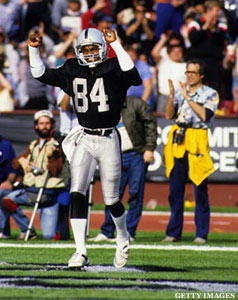
All day, the question nagged at him: Could I have helped those guys?
Hester accepted the job and the meager $3,600 salary, the annual pay for a head football coach in Palm Beach County. He announced to friends and family, "I'm not here to win championships, I'm here to win kids," and was quickly put to the test.
The first thing he realized was that half his team were affiliated with gangs. Some were actual members, but most had simply been intimidated into vowing allegiance. The gangs and cliques pitted neighborhood against neighborhood, town against town: trailer park versus South Bay; Pahokee versus Belle Glade. The rivalries had also infected the harmony of his team.
No wonder they're losing games, he thought. Most of these kids hate each other. Linemen would flat-out refuse to block for a running back, fights would break out during practice, and kids were beaten while walking home.
After the realization, Hester and his coaches called a team meeting. "We got one gang on this team," he told them. "One family."
By midseason, two of his players had been shot. In September, cornerback Byron Blake was shot in the hand while exchanging gunfire with another man. A month later, linebacker Robert Hardnett was hit in the chest and arm during a gang-related drive-by shooting, which also wounded junior varsity linebacker Carl Vereen -- the bullet passing less than half an inch from his spine.
The same week Blake was shot, Pahokee captain Norman "Pooh" Griffith was murdered at a dance in downtown Belle Glade. It was hours after the Blue Devils' homecoming victory over Jupiter. As Griffith tried to leave that evening, two men blocked his truck while one opened fire through the window, then reached in and snatched his gold chain. A simple robbery, the sheriff concluded.
Griffith had done everything right: he was a decent student, a disciplined player, a regular "house boy," as people endearingly described children who chose to stay indoors rather than risk going outside. With offers already from Iowa State and Buffalo, Pooh was on his way out.
Hester was quickly overwhelmed, naïve about the new realities of coaching in Belle Glade. He and his assistants were now arranging grief counseling because so many players had been friends with Pooh. His assistants were buying groceries, paying light bills, waiting for the next phone call. So little of the job had anything to do with football. And it dragged Hester out of his comfort zone, put him in a funk.
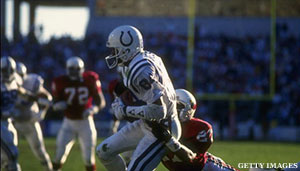
"Jet's first year, he didn't even talk," said one assistant coach. "He'd say maybe three words to you all practice. You had to get inside that dude's head to know what was going on."
Amazingly, the Raiders still went undefeated through twelve games, only to lose in the regional playoffs. For Jet, the love affair with fans endured despite the loss; most agreed it was because Miami Pace had soaked their grass just hours before the game, thus robbing Raider receivers of their God-given ability to separate and explode.
At the outset of Hester's second season, another scandal befell the team. A local minister named Richard Harris was arrested for sexually assaulting young boys in Belle Glade, several of whom were identified as football players. For years, Reverend Harris had been a fixture on the sidelines and in the locker room, an overeager booster who provided the team with Gatorade, bought shoes and clothes for players, and persuaded parents to let him pick their boys up from practice. Little did anyone know he was also luring kids into his home with promises of college connections, then pressuring them into sex.
In March 2009, burglars robbed Harris's home and made off with stacks of homemade videotapes showing him with various students and former players. The tapes made their way around Belle Glade before police were able to confiscate them and make an arrest. One fifteen-year-old former player told detectives that Harris asked him, "What would you do to go to college?" before pressing him to perform sex acts.
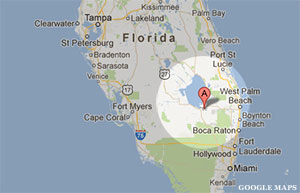
Despite these distractions, Hester and his staff still managed to pull off their own private victories. Byron Blake, the kid who was shot through the hand, got a scholarship to Arkansas State. Greg Dent, a versatile athlete who coaches had worried would slip into the void, got picked up by the Seminoles. They'd also managed to pull from the brink one of their youngest, most promising linemen.
Robert Way was so bashful that one would assume he had never learned to speak. And with the nickname "Joon-Joon," the boy's sweet nature seemed to drip out like honey whenever his mother, Shawanna, would call it. But trouble had wooed and beguiled Robert, and often his mother would have to pull him close when the siren song of country hood life became overbearing. In that world, he was an actor trying on deadly poses.
During his sophomore year, his best friend, Willie "Gene" Thomas, was shot and killed inside the trailer park next door to Glades Central, another bloody chapter in the long-standing feud between rival gangs. Months later, a car full of gang members pulled up on Robert and some friends. When the boys jumped out to fight, one of them bobbled and dropped a pistol. Robert's younger brother later found the gun buried in Robert's laundry hamper. Shawanna turned it over to the sheriff, explaining that her son had discovered it on the road.
Later, when Robert beat a kid in school and stole his iPod, the kid's mother called the police and threatened to press charges. The school had Robert on a surveillance camera, they said. At her wits' end, Shawanna tried sending her son to live with his father in Georgia, who refused to take him. The only man who seemed to know how to speak to him was his coach. Having just pulled Robert onto the varsity squad, Hester staged an intervention, along with Shawanna and his coaching staff.
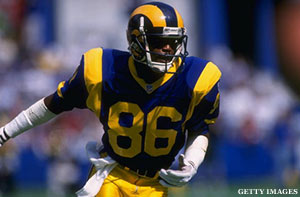
"The rest of your life can be decided today," Hester told him. "You can either choose to be great, or become just another dead jitterbug on the street that nobody remembers."
The confrontation broke Way down into tears; then he chose to be great. Within months, his GPA rose to 3.0. The next season, Way recorded 146 tackles, thirty-nine for negative yardage, and twenty-seven sacks. The last was a school record previously held by Ray McDonald Jr., now a defensive tackle with the San Francisco 49ers, who phoned Robert to congratulate him. As Way excelled on the field, the Post published a story about the great transformation of the Raiders' young lineman. The scholarship offers came trickling in.
But certain fans -- the most vocal ones anyway -- did not register such victories. After the Raiders lost to Cocoa later that year under the lights of the Citrus Bowl, before God and the Glades, the relationship quickly soured. Hester, the hometown legend, became just another stupid coach. Within hours of Hester leaving Orlando, someone rang his phone, drunk, saying, "Jet, if I ever see you on Fifth Street, I'm gon' shoot yo ass." Other callers threatened to burn his cars, his home.
It was all money talking, lost and gone money. Gamblers had always frittered away their Friday paychecks in the bleachers, eyes dancing with gin, wagering on everything from point spreads to total receiving yards before the half. A bookie named Pie ran numbers on Raider games from a cinderblock social club across the street from the school. Hurricane Wilma had blown the roof off the club's upper floor, which still sat gaping under the Florida sun. At home games, there could easily be hundreds of dollars on the line. For a championship, tens of thousands.
The Raider fans had always filled that symbolic "twelfth man" position, yet to great extremes. At Effie C. Grear Field, so went the joke, the bleachers were merely a place to fit the fifteen hundred assistant coaches. But even that implied a kind of playfulness. The fans were more of a variable, ever shifting force, like weather over the ocean. As Jenkins, Werneke, and Snead could attest, they were a force that could both carry you and bury you, one that could undermine your authority and render you powerless.
-- Excerpted by permission from Muck City: Winning and Losing in Football's Forgotten Town by Bryan Mealer. Copyright (c) 2012 by Bryan Mealer. Published by Crown Archetype, a division of Random House, Inc. All rights reserved. No part of this excerpt may be reproduced or reprinted without permission in writing from the publisher. Available for purchase at Random House, iTunes, Barnes & Noble, Indie Bound and Amazon.

